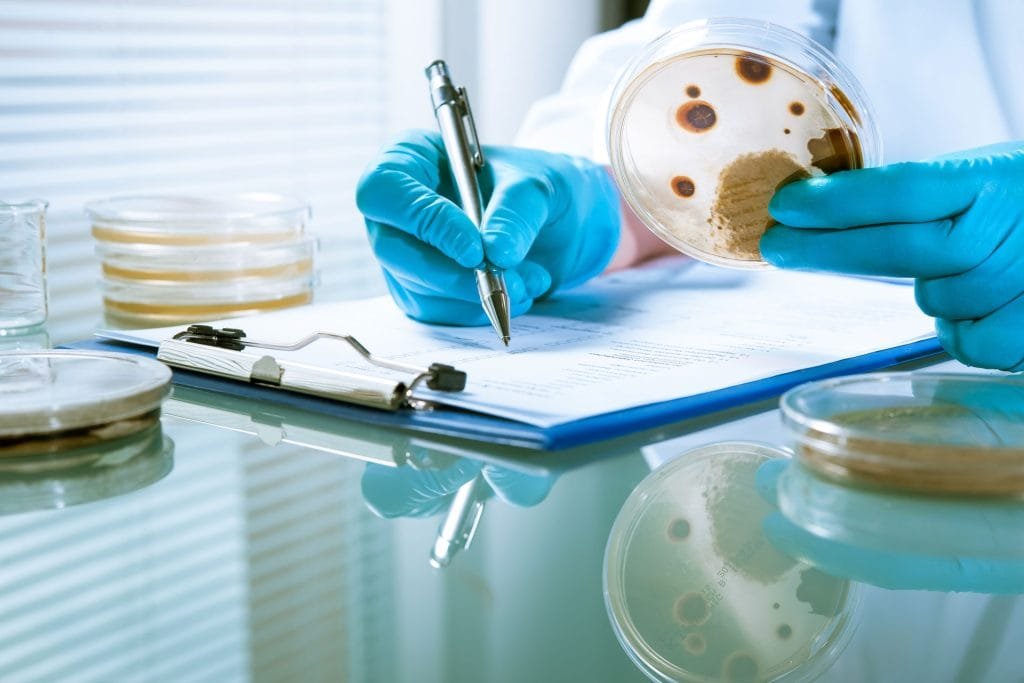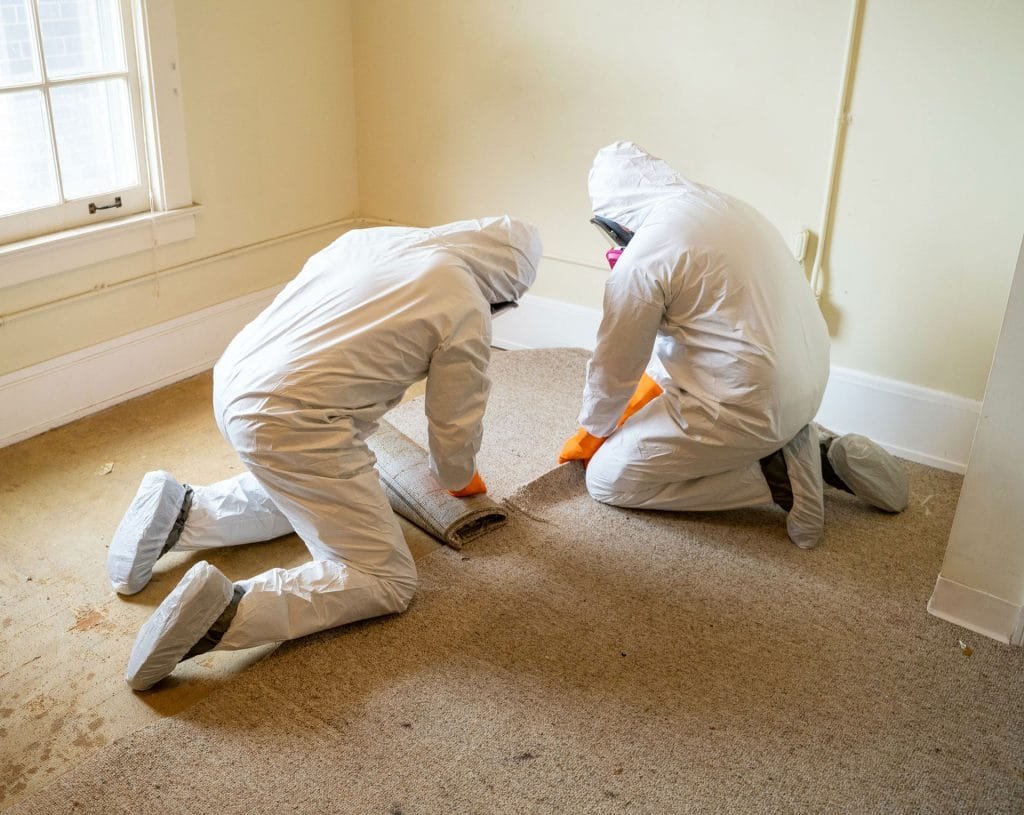Are you aware of the significance of a routine home mould inspection in Singapore? Most homeowners on this tropical island overlook this crucial part of property maintenance because they are unaware of the risks posed by mould growth. In this post, we’ll look at how often your home should be inspected for mould and why it’s essential.
What is Mould Inspection?
Mould inspection is the process of inspecting a property carefully for signs of mould growth, issues with moisture, and other factors that can cause mould to thrive.
A home mould inspection in Singapore involves a thorough examination of the house by trained professionals who look for signs of mould in places including the following:
- Basements
- Attics
- Walls
- Ceilings
- Floors
In addition to using specialised tools like moisture meters and thermal imaging cameras to find hidden moisture sources and mould, an inspection usually entails a visual examination to spot evident mould growth. Testing for air quality will be carried out to further evaluate the potential for mould spores circulating in the air.
The primary purpose of a mould inspection is to identify the following problems:
- Ongoing mould issues
- Amount of the infestation
- Underlying causes of mould
This data is essential for creating a mould remediation strategy that works and is customised for the property’s specific needs.
What Kind of Mould Should You Be Aware Of?

Awareness is essential to effectively managing and preventing mould. If homeowners are aware of the various varieties of mould that frequently grow in homes, they can recognise potential issues and take the necessary action.
Due to the country’s consistently high humidity, it’s crucial to be familiar with the following types of mould:
Stachybotrys chartarum (Black Mould)
Stachybotrys chartarum, commonly known as black mould, is one of the most notorious kinds of mould. It grows best in places with plenty of moisture and organic materials like wood and drywall.
Black mould can produce mycotoxins, which can be harmful to people if exposed in large quantities.
Aspergillus
Aspergillus is a common mould that can be found both indoors and outdoors. While the majority of Aspergillus strains are harmless, certain species can produce toxins called mycotoxins that may trigger allergic reactions and respiratory problems in sensitive people.
Alternaria
Alternaria is a mould frequently found in humid environments, including basements, sinks, and showers. It has the potential to induce allergic reactions and worsen asthma symptoms in individuals with respiratory conditions.
How Often Should You Get Your Home Inspected For Mould?
The frequency of home mould inspections is determined by several factors, including:
- Climate
- Age and condition of your property
- Past mould issues
In Singapore, where humid conditions foster mould development, a mould inspection is generally advised to be carried out annually. However, more frequent inspections—such as once every six months—may be advised for homes with a history of mould issues or in high-risk areas.
How Long Does A Typical Mould Inspection Take?

The duration of an average mould inspection depends on several factors, such as:
- Size and layout of your home
- The severity of the mould issue
- The thoroughness of the inspection
Generally, the duration needed to complete a mould inspection might range from one to three hours.
During this period, trained professionals will methodically inspect different parts of your house for indications of mould growth, moisture issues, and other elements that could lead to mould growth.
What Happens When Mould Is Detected During Mould Inspection?
When mould is discovered during an inspection, immediate action is required. Part of this process includes:
- Determining the amount of mould growth
- Coming up with a plan for remediation
- Resolving any moisture problems that may exist
Preventive actions, such as monitoring and controlling moisture, are essential to stop further growth. Hence, hiring professional mould remediation services will ensure thorough removal and prevention.
Why Is Regular Mould Inspection Important?
Regular mould inspection is vital to keep a home safe and healthy. Some of the benefits of routine inspections include:
- Early detection of mould growth
- Prevention of health risks
- Protection of property value
Regular inspections swiftly identify and address mould-related issues, ensuring the well-being of occupants and preserving indoor air quality. They also give homeowners peace of mind, knowing their home is free of harmful mould growth.
Where Can You Get Mould Inspection in Singapore?
Book a professional home mould inspection in Singapore with Mould Hero. Let us help you protect your family and property from the harmful effects of mould. Contact us today for more information on a complete consultation and customisable solution for your property.
